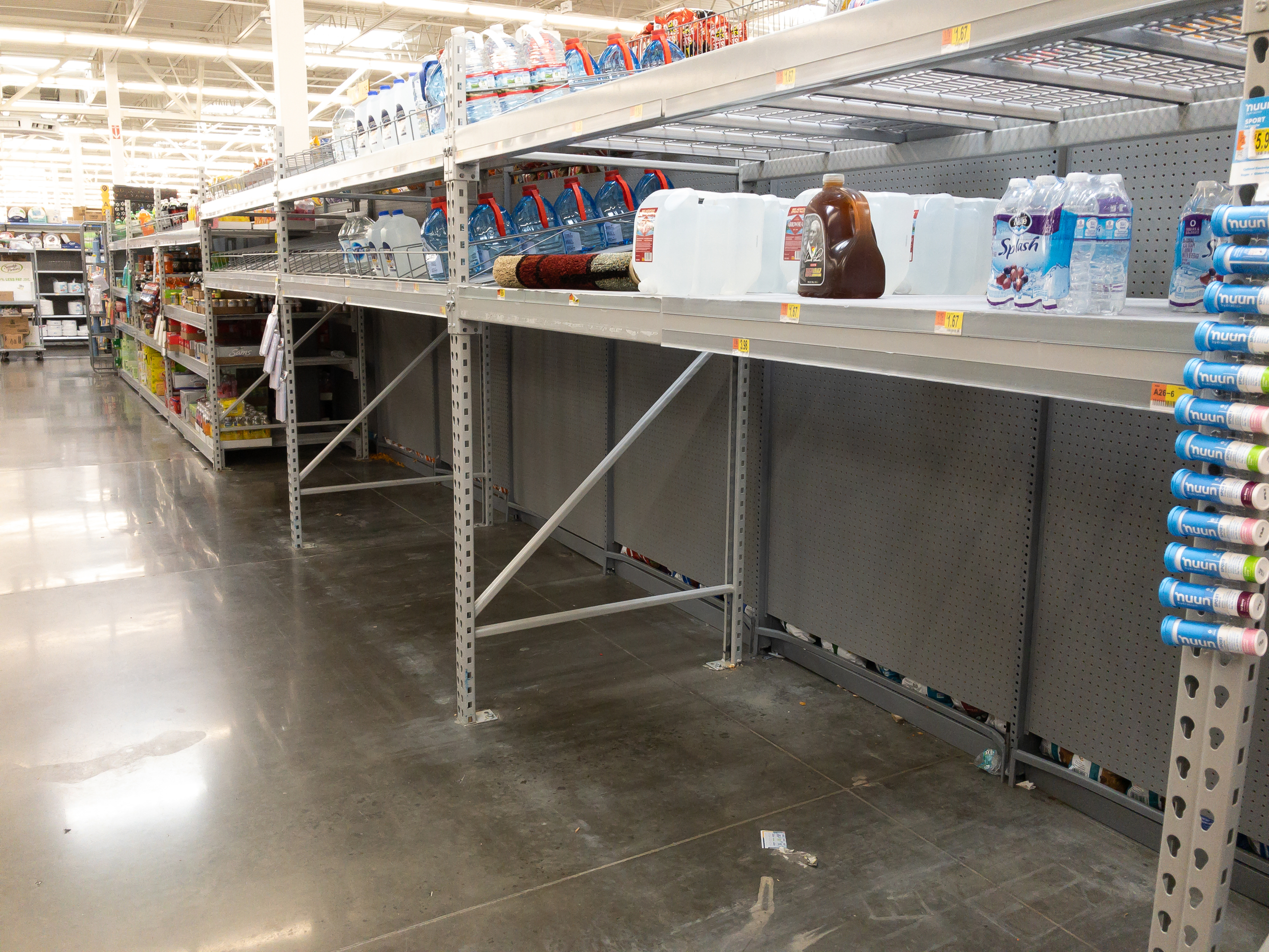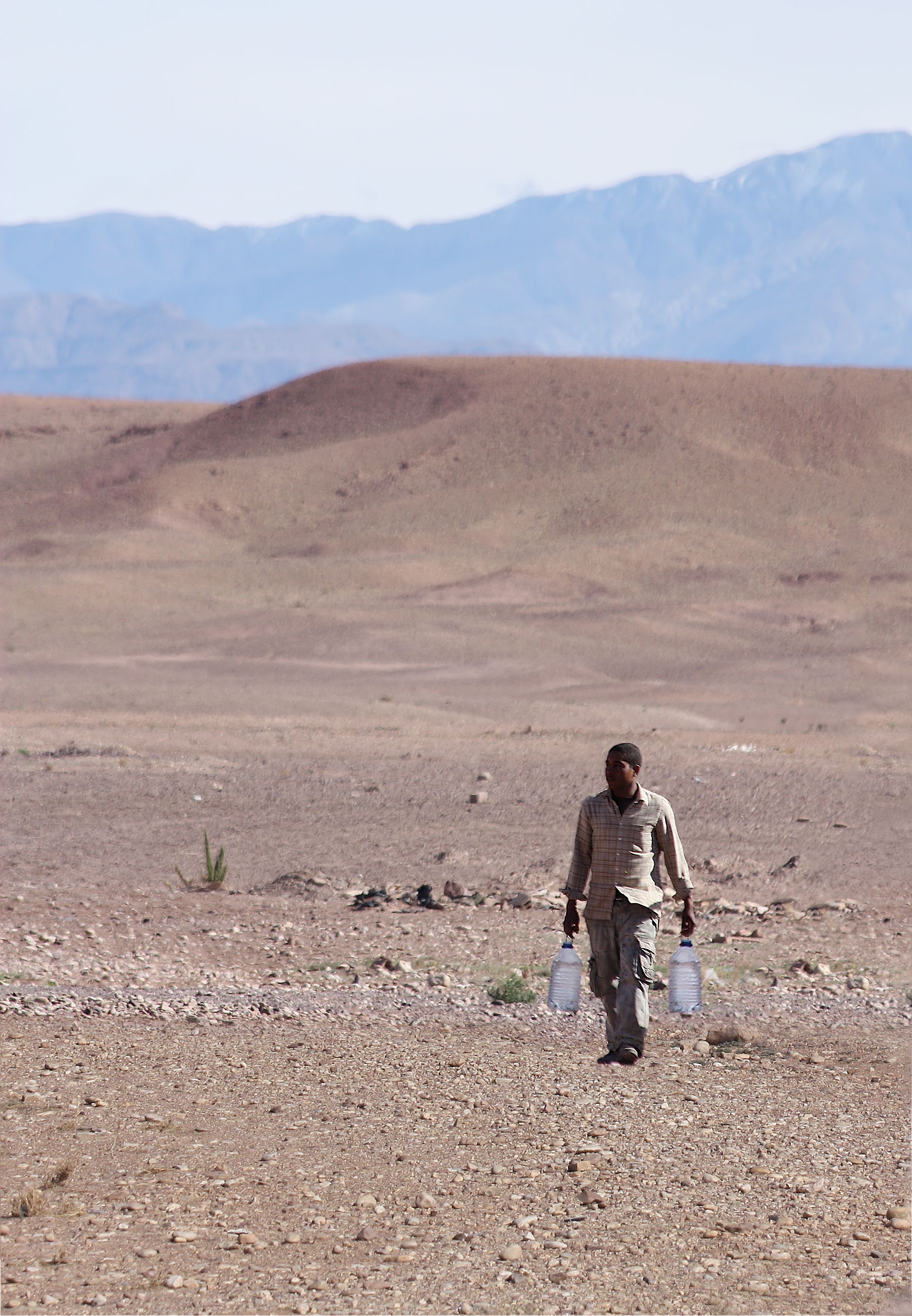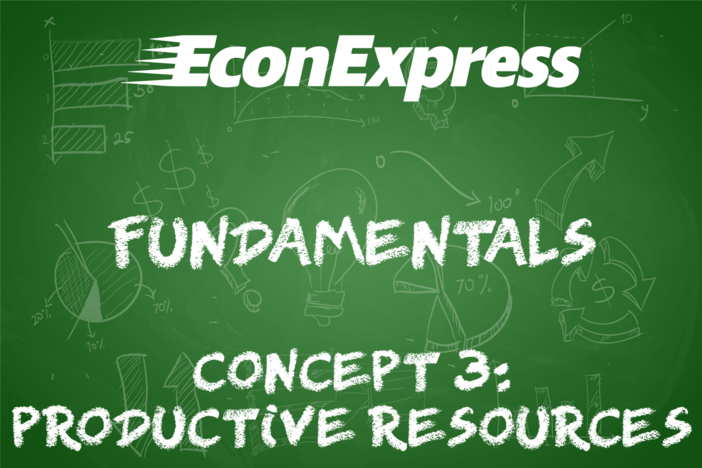Concept 1: Scarcity
Overview: Limited resources, unlimited wants. Any study of economics starts here!
Learn
Beginner

At its core, all of economics is about scarcity. In short, we want more than we can have. We have unlimited wants and limited resources.This forces us to make decisions about how to best use our limited resources. Individuals, businesses, governments, and countries all face scarcity. Goods, services and money can all be scarce, but that scarcity is caused by the scarcity of underlying resources. Anything that is desirable, has multiple uses, and is limited is considered scarce.
Intermediate

Scarcity is different than a shortage. A shortage occurs when there is a temporary condition that has caused the short-term supply of an item to be unable to meet the demand. Severe weather, for example, may cause a temporary shortage of bottled water at the grocery store. Once the manufacturers of bottled water produce more and the bad weather passes, however, the shortage is likely to end. Bottled water would still be scarce, though since water, plastic and other resources used to manufacture bottled water are all limited, desired and have multiple uses.
Advanced

While scarcity always exists, its severity can change depending on your circumstances. Fresh water may not seem scarce to many people who can access it by turning on a faucet, but in a desert it’s extremely scarce and valuable. Current conditions, desires, wealth and preferences can change the relative scarcity or usefulness (utility) of an item.
Click a reading level below or scroll down to practice this concept.
Practice
Assess
Below are five questions about this concept. Choose the one best answer for each question and be sure to read the feedback given. Click “next question” to move on when ready.
Social Studies 2024
Analyze how scarcity affects the choices of individuals, businesses, and governments.
Explain that scarcity is a basic, permanent condition that exists because unlimited wants exceed limited productive resources.














